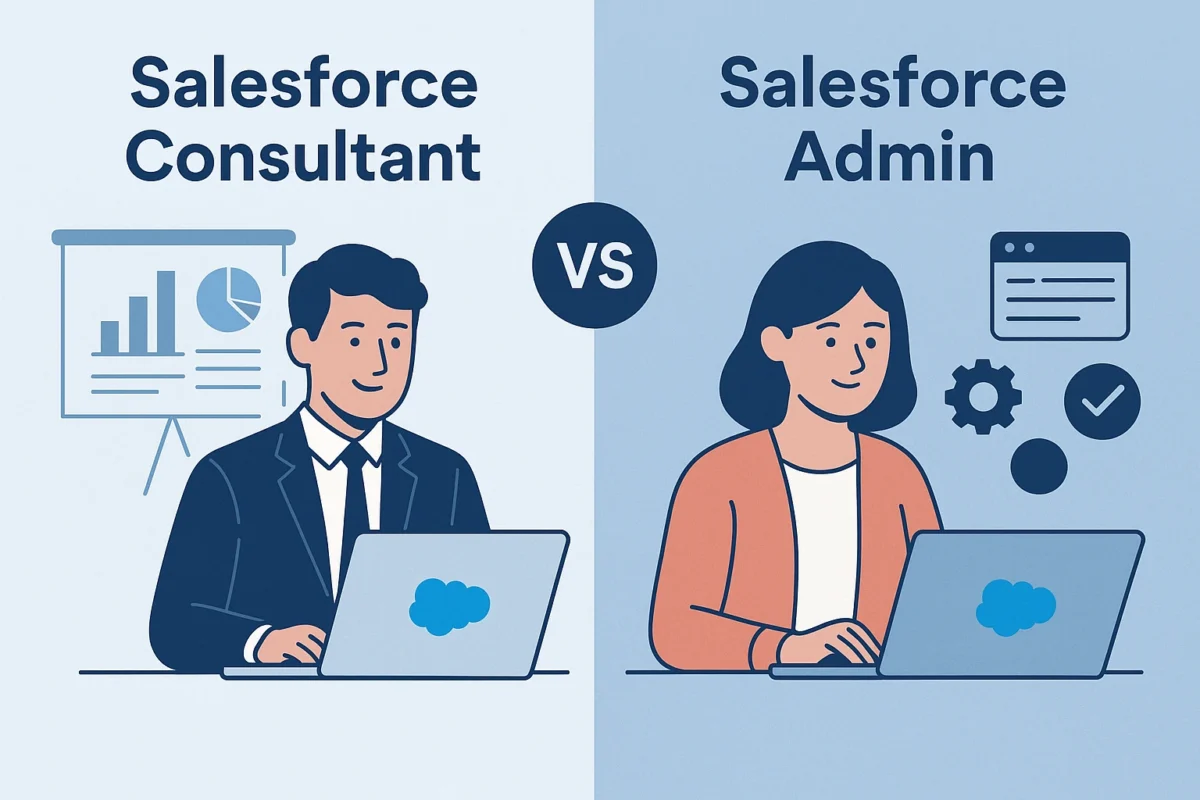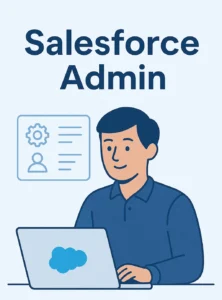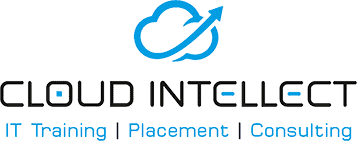
If you’re exploring a career in the Salesforce ecosystem, you’ve likely come across two popular roles — Salesforce Consultant vs Admin. While both positions revolve around the Salesforce CRM platform, the roles, responsibilities, and required skill sets differ significantly.
In this blog, we’ll break down the real difference between a Salesforce Consultant and an Admin, helping you choose the path that aligns with your career goals.
Who is a Salesforce Consultant?

A Salesforce Consultant is a strategic advisor who works with clients or internal teams to understand business needs and deliver customized Salesforce solutions. Consultants are responsible for the planning, configuration, implementation, and optimization of Salesforce products.
Key Responsibilities of a Salesforce Consultant
-
Analyzing business requirements and mapping them to Salesforce capabilities
-
Designing tailored Salesforce solutions for clients
-
Leading Salesforce implementation projects
-
Collaborating with developers and admins
-
Providing training and support to users
-
Ensuring scalability and future-proofing the platform
Who is a Salesforce Admin?

A Salesforce Administrator manages the day-to-day operations of the Salesforce platform within a company. They ensure users have the right access, troubleshoot issues, and maintain data integrity.
Key Responsibilities of a Salesforce Admin
-
Managing user accounts, profiles, and permissions
-
Creating reports and dashboards
-
Automating routine processes using workflows and flows
-
Maintaining data hygiene and security
-
Supporting end-users and handling system issues
-
Making minor system enhancements as needed
Major Differences: Salesforce Consultant vs Admin
| Feature | Salesforce Consultant | Salesforce Admin |
|---|---|---|
| Focus Area | Strategic, client-facing solutions | Internal platform management |
| Work Environment | Often in consulting firms or as freelancers | In-house within companies |
| Skillset | Business analysis, project management, advanced Salesforce knowledge | Configuration, maintenance, user support |
| Certifications | Salesforce Consultant Certifications (e.g., Sales Cloud Consultant) | Salesforce Administrator Certification |
| Salary Range | ₹8L to ₹20L+ per year (India) | ₹4L to ₹10L per year (India) |
| Career Growth | Path to Architect or Project Manager | Can become Consultant or Admin Manager |
Which One Should You Choose?
If you enjoy solving business problems, working with clients, and implementing systems at a high level, becoming a Salesforce Consultant may be ideal. However, if you’re detail-oriented, like working internally with teams, and enjoy managing systems, the Salesforce Admin path could be a better fit.
Many professionals start as Admins and transition into Consultant roles after gaining experience.
Frequently Asked Questions (FAQs)
1. What is the main difference between a Salesforce Consultant and an Admin?
The main difference is in scope. Consultants focus on strategic planning and solution design, while Admins handle day-to-day operations and system maintenance.
2. Is Salesforce Consultant a good career?
Yes! With high demand across industries, competitive salaries, and room for growth, becoming a Salesforce Consultant is an excellent career choice.
3. Can a Salesforce Admin become a Consultant?
Absolutely. Many Admins gain experience and move into consulting roles after building strong business and technical knowledge.
4. What certifications are required for a Salesforce Consultant?
Common certifications include Salesforce Sales Cloud Consultant, Service Cloud Consultant, and Experience Cloud Consultant.
5. Do Salesforce Consultants code?
Not always. While they need to understand the platform deeply, most focus on configuration and leave heavy coding to developers. However, some may work with Apex or Visualforce for advanced customizations.
Final Thoughts
While both roles are essential in the Salesforce ecosystem, the Salesforce Consultant takes a broader and more strategic approach. Whether you’re new to Salesforce or planning a career switch, understanding these differences can help you make an informed decision.

